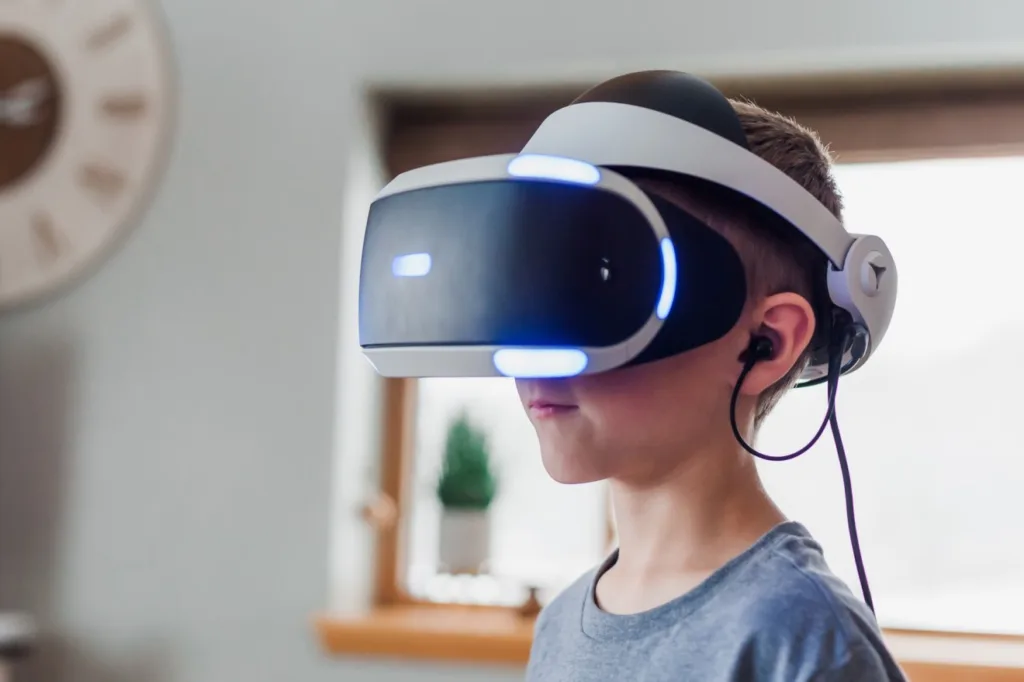As virtual reality (VR) technology continues to evolve at an unprecedented pace, its potential impact on society is becoming increasingly evident. While VR is often associated with gaming and entertainment, its applications extend far beyond these domains, with the potential to revolutionize various aspects of our lives, including education, healthcare, and social interactions.
Fostering Enhanced Social Connections
VR can serve as a powerful tool for fostering social connections and bridging geographical divides. Virtual worlds provide platforms for individuals from diverse backgrounds to connect, collaborate, and engage in shared experiences. This can be particularly beneficial for individuals who may face physical or social barriers to traditional forms of social interaction.
Promoting Empathy and Understanding
VR experiences can immerse users in diverse perspectives and cultures, fostering empathy and understanding among individuals from different backgrounds. By simulating the experiences of others, VR can promote cross-cultural understanding and challenge biases, contributing to a more inclusive and compassionate society.
Innovating in Education and Training
VR is poised to revolutionize the education and training landscape by providing immersive and interactive learning experiences. Students can explore historical events, travel to distant lands, and conduct virtual experiments, all within the confines of a classroom. VR can also enhance professional training, allowing individuals to practice complex skills in a safe and controlled environment.
Improving Healthcare Practices
VR is transforming the healthcare industry by providing innovative tools for diagnosis, treatment, and rehabilitation. VR-based simulations can aid in medical training, allowing practitioners to hone their skills without risking patient safety. VR can also be used for therapeutic purposes, helping individuals with anxiety, phobias, and post-traumatic stress disorder (PTSD) confront their fears in a controlled environment.
Addressing Potential Challenges
Despite its immense potential, VR also presents challenges that need to be carefully considered. Excessive VR usage can lead to social isolation and a disconnect from the real world. VR experiences can also contribute to sensory overload and potential psychological distress. Ethical considerations surrounding data privacy and the potential for virtual reality to exacerbate existing social inequalities also need to be addressed.
Navigating the Virtual Frontier Responsibly
As we venture deeper into the virtual frontier, it is crucial to approach VR technology with a sense of responsibility and mindfulness. By acknowledging its potential benefits and risks, we can harness the power of VR to enhance our lives while safeguarding our well-being and the well-being of others. Let us strive to create a virtual world that reflects the best of humanity, one that fosters empathy, understanding, and a shared sense of connection.



